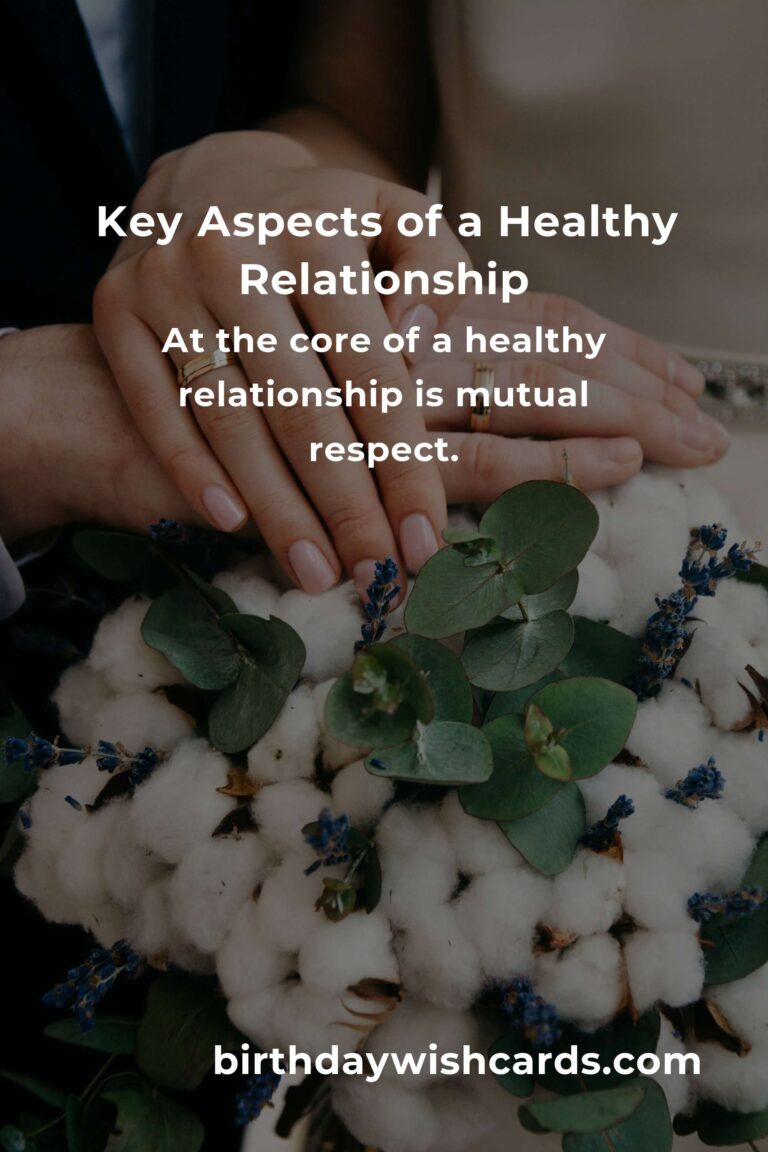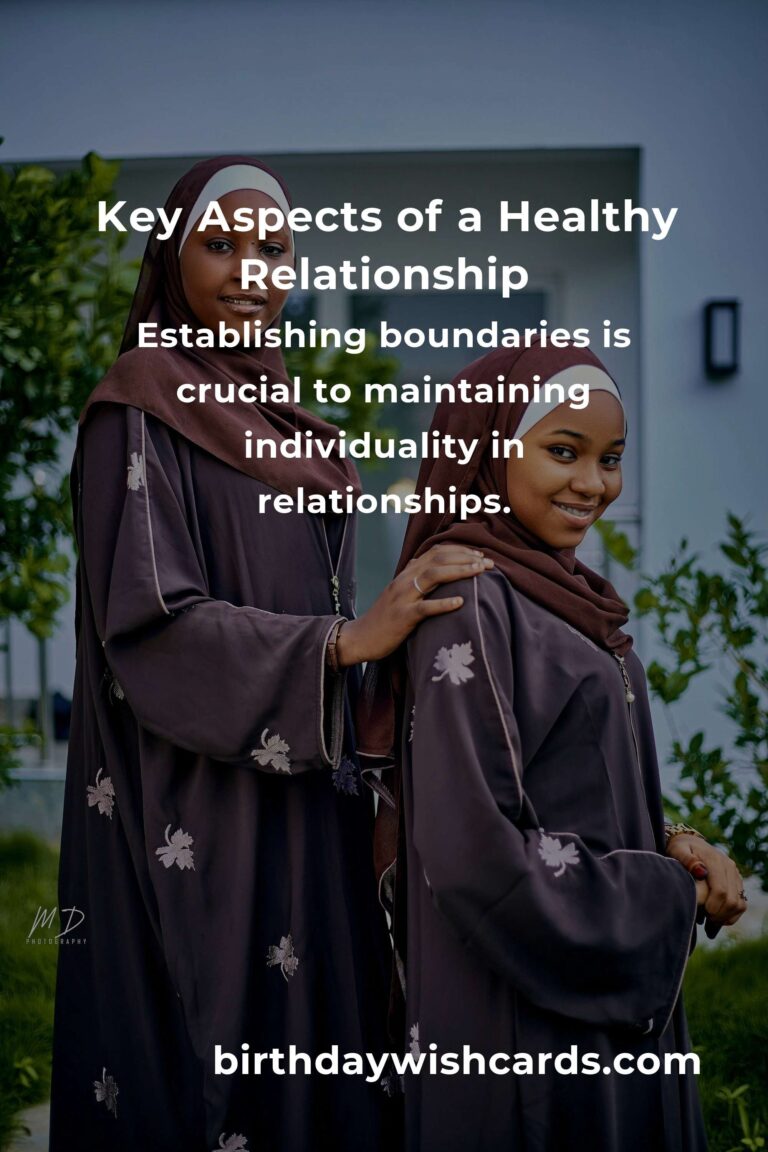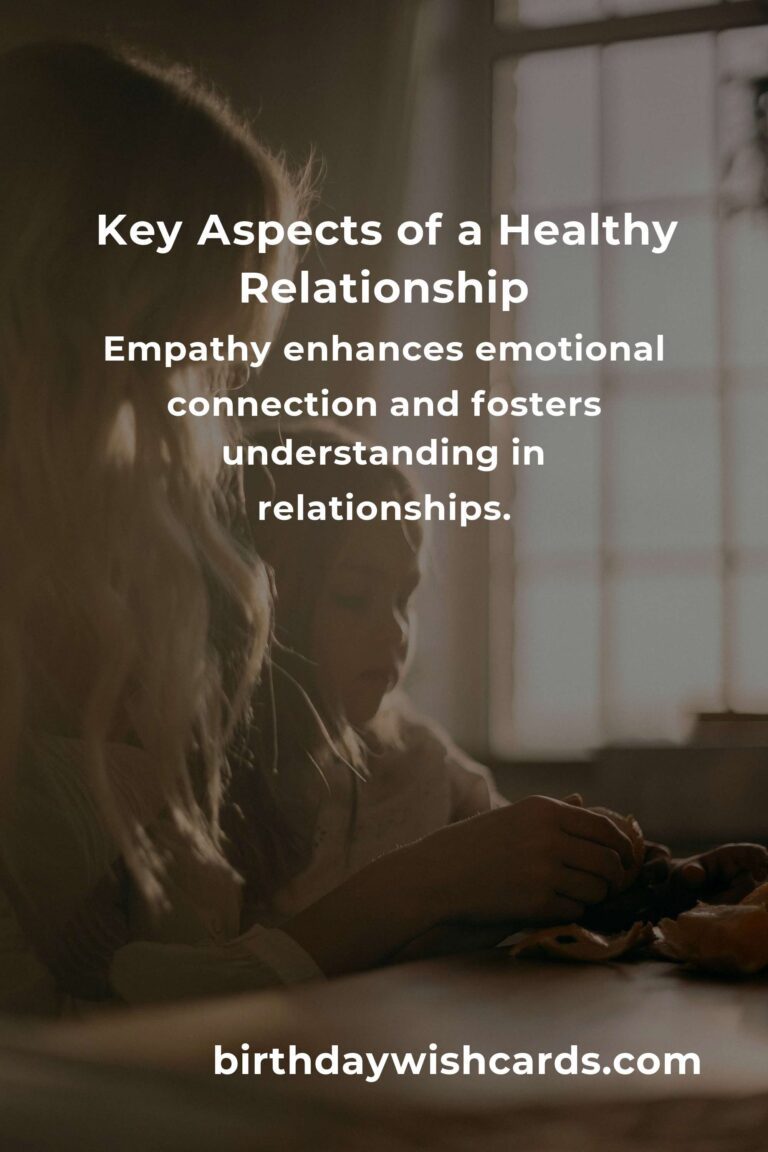
Healthy relationships are integral to a fulfilling life. They provide emotional support, companionship, and a sense of belonging. Whether it’s a romantic partnership, a friendship, or familial ties, understanding the dynamics of a healthy relationship is essential to maintaining it.
What Defines a Healthy Relationship?
At the core of a healthy relationship is mutual respect. This means valuing each other’s opinions, feelings, and boundaries. Communication also plays a critical role, allowing partners to express themselves openly and honestly.
Trust is another pillar of a strong relationship. It involves believing in your partner’s reliability and integrity. Without trust, jealousy and insecurity can erode the bond between people.
Importance of Communication
Effective communication is the backbone of any relationship. It involves not only speaking but also listening. Active listening means paying attention to what your partner is saying and responding thoughtfully.
In a healthy relationship, both parties should feel comfortable expressing their needs and concerns. This open dialogue helps prevent misunderstandings and resolves conflicts amicably.
Boundaries and Personal Space
Every individual needs personal space, even in close relationships. Establishing boundaries is crucial to maintaining individuality and preventing feelings of suffocation.
Respecting each other’s boundaries fosters a sense of security and trust. It allows partners to pursue individual interests and grow independently, which in turn strengthens the relationship.
Conflict Resolution
Disagreements are natural in any relationship. However, how partners handle these conflicts can either strengthen or weaken their bond.
Healthy relationships involve resolving conflicts constructively. This means addressing the issue at hand without resorting to personal attacks. It also involves compromise and finding a solution that satisfies both parties.
The Role of Empathy
Empathy is the ability to understand and share the feelings of another. In relationships, it involves putting yourself in your partner’s shoes and seeing things from their perspective.
Practicing empathy enhances emotional connection and fosters a deeper understanding between partners. It helps in navigating challenges and celebrating successes together.
Maintaining Independence
While being in a relationship, maintaining one’s independence is crucial. It prevents dependency and ensures that both partners contribute equally to the relationship.
Encouraging each other to pursue personal goals and interests can lead to a more balanced and fulfilling partnership.
Signs of a Healthy Relationship
There are several indicators of a healthy relationship, including mutual respect, open communication, trust, and shared values. Additionally, partners in a healthy relationship support each other’s growth and celebrate each other’s successes.
Another sign is the ability to resolve conflicts peacefully and make decisions together. These qualities contribute to a lasting and satisfying relationship.
Conclusion
Healthy relationships require effort and commitment from both parties. By fostering mutual respect, open communication, and empathy, partners can build a strong and enduring bond.
Remember that every relationship is unique, and what works for one couple may not work for another. The key is to find what makes both partners happy and fulfilled.
Healthy relationships are integral to a fulfilling life. At the core of a healthy relationship is mutual respect. Effective communication is the backbone of any relationship. Establishing boundaries is crucial to maintaining individuality in relationships. Healthy relationships involve resolving conflicts constructively. Empathy enhances emotional connection and fosters understanding in relationships. Maintaining one’s independence is crucial even in a relationship. There are several indicators of a healthy relationship, including mutual respect, open communication, and shared values.
#HealthyRelationships #Communication #Empathy #Trust #Boundaries












